The Impact of Economic Trends on Recruitment
- AESC

- Apr 19, 2025
- 3 min read

In today’s fast-paced world, the recruitment landscape is constantly evolving, influenced by a myriad of economic trends. Understanding these trends is crucial for both job seekers and employers, as they shape the dynamics of the job market and influence hiring strategies. Let’s delve into how economic fluctuations impact recruitment and what this means for businesses and candidates alike.
The Ripple Effect of Economic Growth
When the economy is thriving, businesses often experience increased demand for their products and services. This surge in activity leads to a greater need for talent. Companies ramp up their hiring efforts, seeking to fill positions quickly to capitalize on growth opportunities. In such a climate, candidates find themselves in a favorable position, with multiple job offers and the ability to negotiate better salaries and benefits.
Conversely, during economic downturns, recruitment tends to slow down. Companies may implement hiring freezes or even lay off employees to cut costs. This creates a more competitive job market, where candidates face the challenge of standing out among a larger pool of applicants. In these times, adaptability becomes key; candidates must be willing to upskill or pivot to new industries to remain relevant.
The Role of Technology in Recruitment
Economic trends also drive technological advancements that reshape recruitment processes. In a booming economy, companies invest in sophisticated recruitment tools and platforms to streamline their hiring processes. Artificial intelligence, applicant tracking systems, and data analytics are becoming standard in recruitment strategies, allowing employers to identify the best candidates more efficiently.
On the flip side, during economic downturns, companies may prioritize cost-cutting measures, leading to a reliance on more traditional recruitment methods. However, the rise of remote work, accelerated by the pandemic, has changed the game. Employers are now able to tap into a global talent pool, which can be both an opportunity and a challenge. Candidates must adapt to this new reality by honing their digital communication skills and showcasing their ability to work independently.

The Importance of Employer Branding
In a competitive job market, especially during periods of economic growth, employer branding becomes paramount. Companies that invest in their brand and culture are more likely to attract top talent. Candidates today are not just looking for a paycheck; they want to work for organizations that align with their values and offer a positive work environment.
During economic downturns, however, employer branding can take a hit. Companies may struggle to maintain their reputation if they are forced to make layoffs or cut benefits. This can lead to a talent drain, as skilled employees seek more stable opportunities elsewhere. For businesses, maintaining a strong employer brand during tough times is essential to retain talent and attract new hires when the economy rebounds.
Conclusion
The impact of economic trends on recruitment is profound and multifaceted. As the economy fluctuates, both employers and candidates must remain agile and responsive to the changing landscape. For businesses looking to navigate these challenges effectively, partnering with a recruitment expert can make all the difference. At Allied Executive Search Consultants, we understand the nuances of the job market and are committed to helping organizations find the right talent, no matter the economic climate. By staying ahead of trends and leveraging our expertise, we can ensure that your recruitment strategy is not just reactive, but proactive, setting you up for success in any economic environment.





Comments